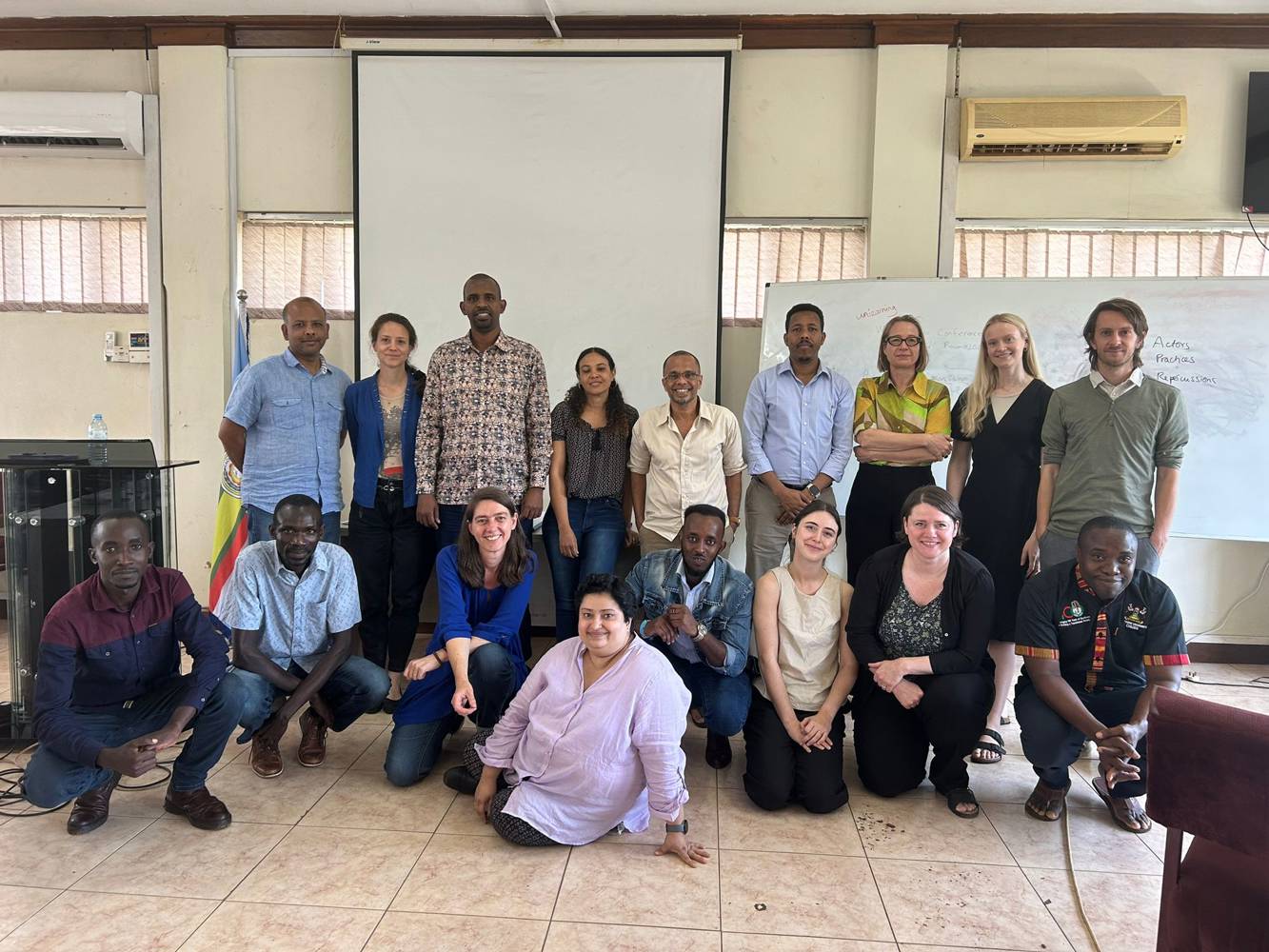
In situations of protracted humanitarian crisis, local residents and institutions – including religious actors, grassroots initiatives, businesses – as well as diaspora groups, are key humanitarian actors. They are often the first to assist in emergencies, and they remain engaged throughout the complex crises that may follow. Little is known about how accountability is understood and practiced by (local and transnational) citizens and institutions. While the international humanitarian sector relies heavily on technical-financial systems, civic humanitarians often depend on trust-based social networks and social media. How is accountability defined and practiced locally at the meeting point between local civic and international professional humanitarianism in protracted crises? What can we learn from these practices that may benefit attempts towards localization within the humanitarian field? We aim to debate these and other questions in an academic workshop that brings together scholars with a wide background of disciplines, methodological approaches, geographical interests and thematic expertise.





